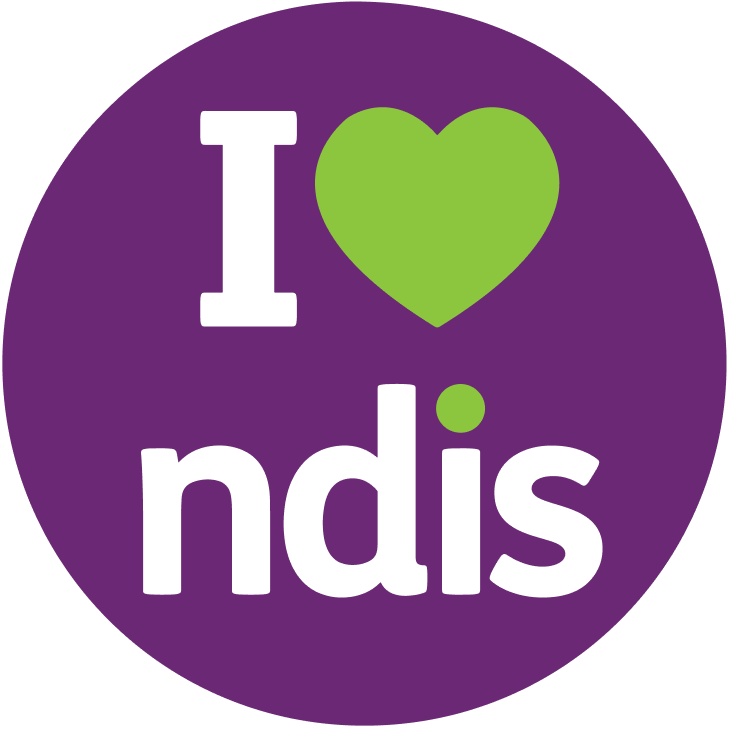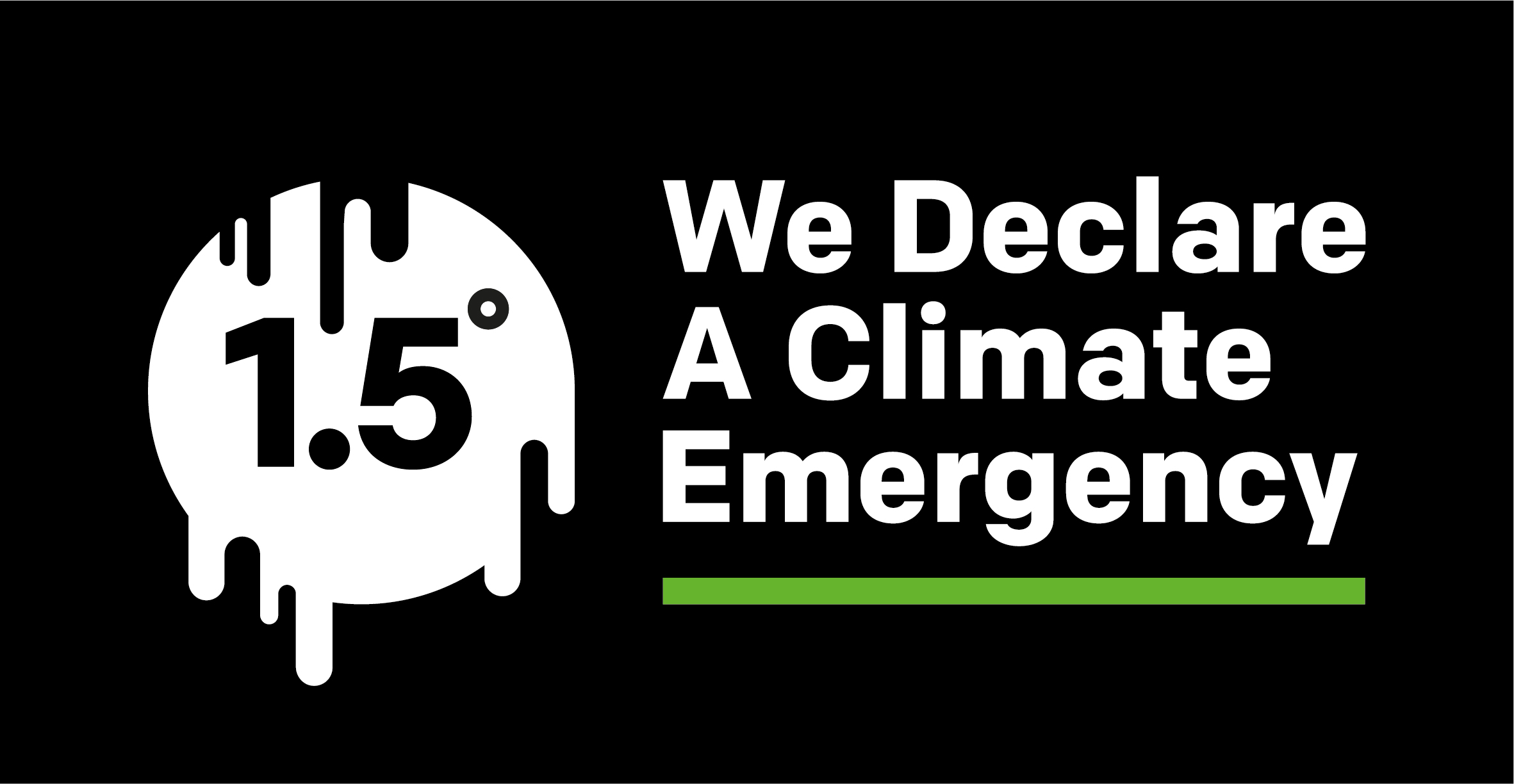Transporting Clients
If you are providing transport to clients in your own car, you must: Maintain the vehicle in a safe, clean and roadworthy condition. Conduct an annual visual Vehicle Inspection to ensure it is roadworthy Ensure the vehicle is maintained and serviced, as outlined in the owner's manual. Register your vehicle with the relevant body and [...]
If you choose to provide transport to a person seeking support using their vehicle you must: Request to see a copy of the registration certificate of the vehicle prior to driving. Request to see a copy of the Compulsory Third Party (CTP) insurance for the vehicle. Request to see a copy of any other insurance [...]
Travel allowance applies only for the times you are transporting a client in your car. For example, if you are driving your client in your car to a therapist appointment, or somewhere related to their therapy plan like a gym, swimming pool or a social event/ activity. Travel allowance is $0.99 per kilometer travelled. This [...]
At Fora, our allied health assistant and client’s safety is paramount. Passengers can often be a dangerous distraction for newly licensed drivers. For this reason, we require our allied health assistants to have an unrestricted Australian driver’s license before they can transport clients. When you get your full license, please upload it to your profile and [...]
It is not mandatory that therapy assistants transport their clients. However, if you have a full drivers licence and you would like to provide this service, you can choose this setting on your Fora profile.
If you are providing transport (whether in your own vehicle or someone else’s) you have an obligation to: Provide and maintain a current and valid Australian drivers licence Hold Compulsory Third Party (CTP) insurance and check that you are insured to drive for business purposes. Enter accurate records relating to your transport work via the [...]


